The Only True Adam of Genesis Chapters 1 and 2
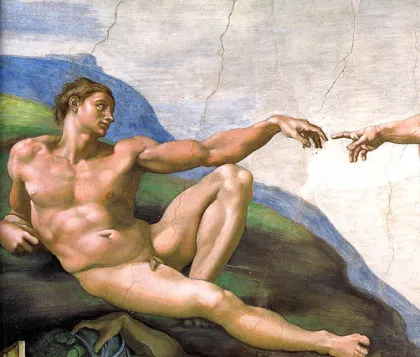
The Only True Adam of Genesis Chapters 1 and 2
This evening I am going to present a pair of short essays from Clifton Emahiser, which were originally titled The Only True Adam of Genesis 1:26-27 & 2:7, parts 1 and 2. Some of the comments and data that I may add to these articles as we proceed, I have already discussed at length in various podcasts and articles at Christogenea, but especially in Part 1 of my own Pragmatic Genesis series. Clifton himself has another article on this topic, which he had written some time later, titled "Adam" in the Hebrew in Genesis, and in that initial segment of Pragamatic Genesis I expanded on that article.
I am not going to get into much depth on Hebrew grammar this evening, which is the main topic of Clifton’s other paper and that first part of Pragmatic Genesis. But here I will only say that adding a preposition or a definite article to a noun does not by itself make that noun represent something different from what it represents without the preposition or article. The people who push the idea of two distinct Adamic creations attempt to do just that, and by it they display their own ignorance.



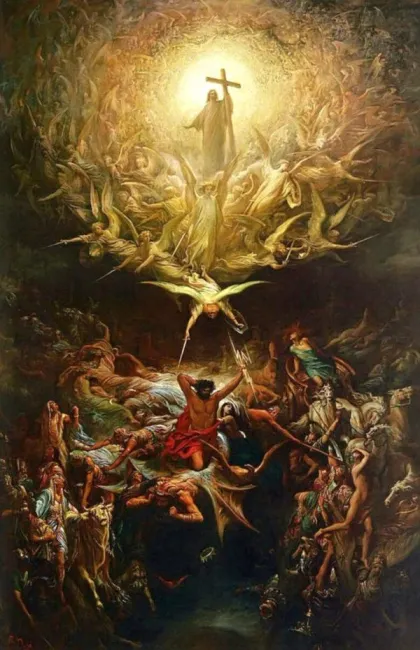
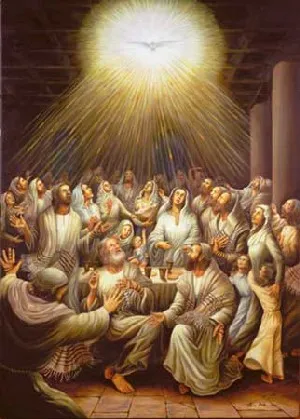

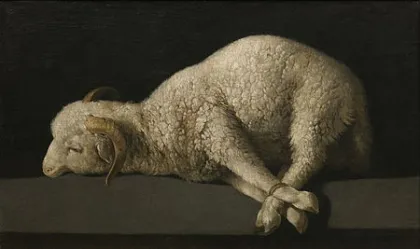

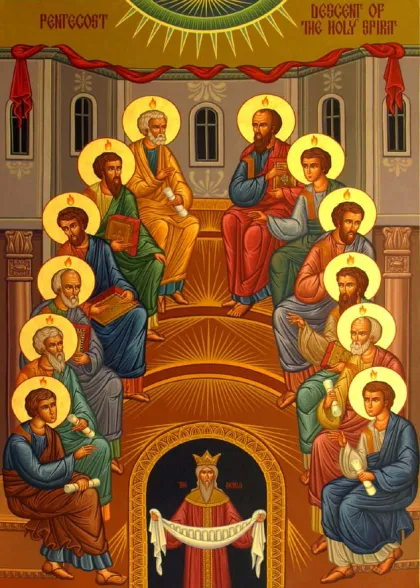




 Please click here for our mailing list sign-up page.
Please click here for our mailing list sign-up page.








Recent comments